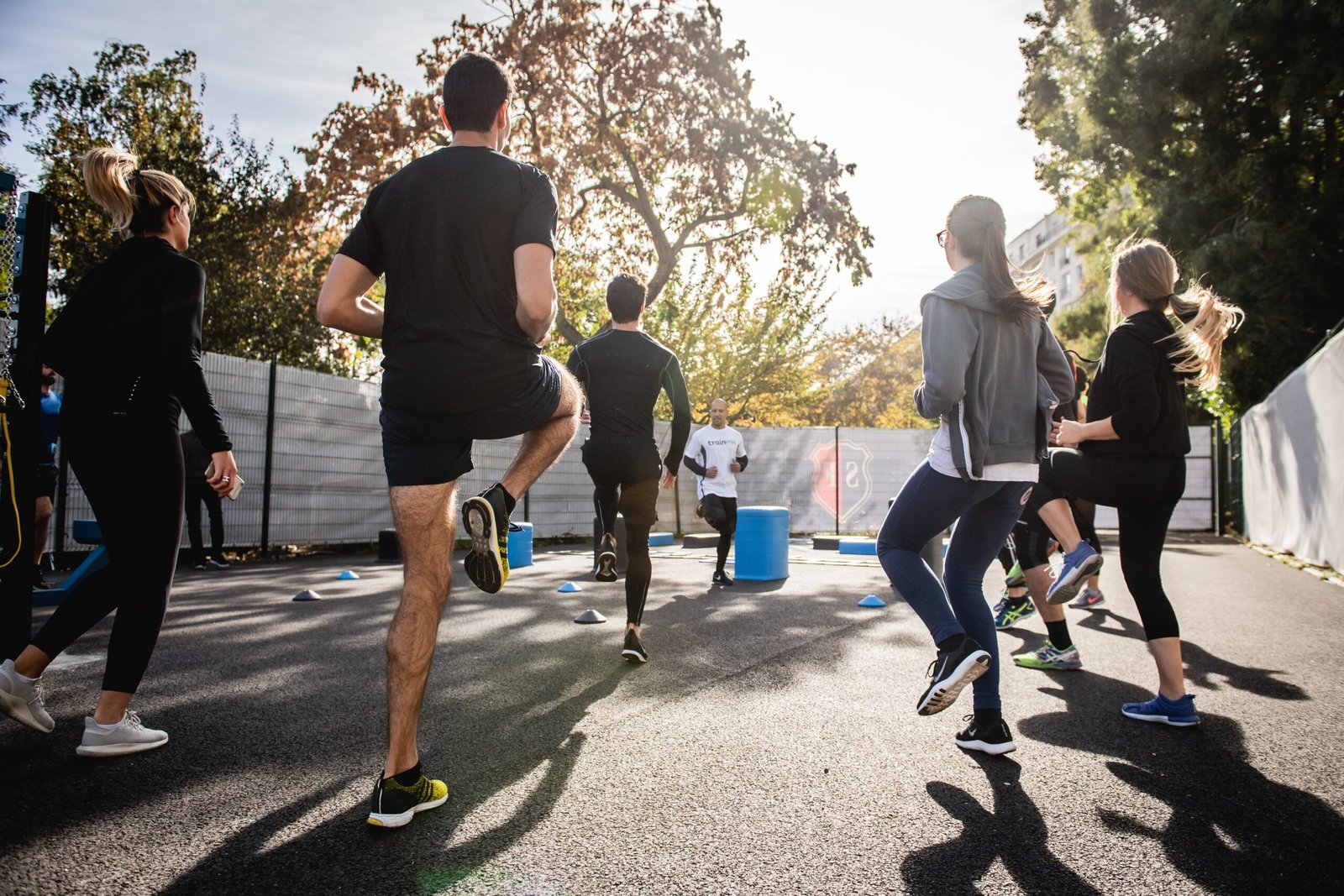Exercise as Medicine: How Physical Activity Benefits Your Mental Health
December 21, 2023 | by fitsnackhub.com

In today’s fast-paced and stressful world, taking care of our mental health is more important than ever. While there are many ways to support our mental well-being, one powerful tool that often gets overlooked is physical activity. Regular exercise not only improves our physical health but also has a profound impact on our mental well-being.
The Connection Between Physical Activity and Mental Health
Research has consistently shown that engaging in regular physical activity can have a positive impact on mental health. When we exercise, our bodies release endorphins, which are natural chemicals that help boost our mood and reduce feelings of stress and anxiety. These endorphins act as natural painkillers and create a sense of euphoria, commonly known as the “runner’s high.”
Physical activity also increases the production of serotonin, a neurotransmitter that plays a crucial role in regulating mood. Higher levels of serotonin are associated with feelings of happiness and well-being. Regular exercise can help alleviate symptoms of depression and anxiety by increasing serotonin levels in the brain.
The Benefits of Physical Activity for Mental Health
1. Reduced Symptoms of Depression and Anxiety:
Engaging in regular physical activity has been shown to significantly reduce symptoms of depression and anxiety. Exercise acts as a distraction from negative thoughts and helps to improve mood by increasing the production of endorphins and serotonin.
2. Stress Relief:
Exercise is a natural stress reliever. Physical activity helps to reduce the levels of stress hormones in the body, such as cortisol, and promotes the release of endorphins, which act as natural mood enhancers. Regular exercise can help you better cope with stress and improve your overall resilience.
3. Improved Cognitive Function:
Physical activity has been linked to improved cognitive function and a reduced risk of cognitive decline. Regular exercise increases blood flow to the brain, which helps to improve memory, attention, and overall cognitive performance. It also promotes the growth of new brain cells and enhances brain plasticity.
4. Boosted Self-Esteem and Body Image:
Engaging in physical activity can boost self-esteem and improve body image. Regular exercise helps to improve physical fitness, which can lead to a more positive perception of one’s body. It also provides a sense of accomplishment and empowerment, which can boost self-confidence.
5. Better Sleep:
Regular physical activity can improve the quality of your sleep. Exercise helps to regulate your sleep-wake cycle and promotes better sleep patterns. Getting enough restful sleep is essential for maintaining good mental health and overall well-being.
How to Incorporate Physical Activity into Your Routine
Getting started with regular physical activity doesn’t have to be overwhelming. Here are some tips to help you incorporate exercise into your daily routine:
1. Find an activity you enjoy:
Choose an exercise or physical activity that you enjoy doing. Whether it’s going for a walk, dancing, swimming, or playing a sport, finding something you genuinely enjoy will make it easier to stick with it.
2. Start small and gradually increase:
Don’t feel pressured to jump into intense workouts right away. Start small and gradually increase the duration and intensity of your exercise sessions. Consistency is key, so focus on building a sustainable routine.
3. Make it a habit:
Schedule your exercise sessions like any other appointment. Set aside specific times in your day dedicated to physical activity. Treat it as a non-negotiable part of your routine.
4. Get support:
Exercise with a friend or join a group fitness class. Having support and accountability can help you stay motivated and make exercise more enjoyable.
5. Listen to your body:
Pay attention to how your body feels during and after exercise. If something doesn’t feel right, modify or change your activity. It’s essential to listen to your body’s signals and avoid pushing yourself too hard.
Conclusion
Regular physical activity is not just beneficial for our physical health; it also plays a crucial role in supporting our mental well-being. From reducing symptoms of depression and anxiety to improving cognitive function and boosting self-esteem, exercise has a profound impact on our mental health. By incorporating physical activity into our daily routine, we can take a proactive approach to support our mental well-being and enjoy the many benefits it brings.
RELATED POSTS
View all



